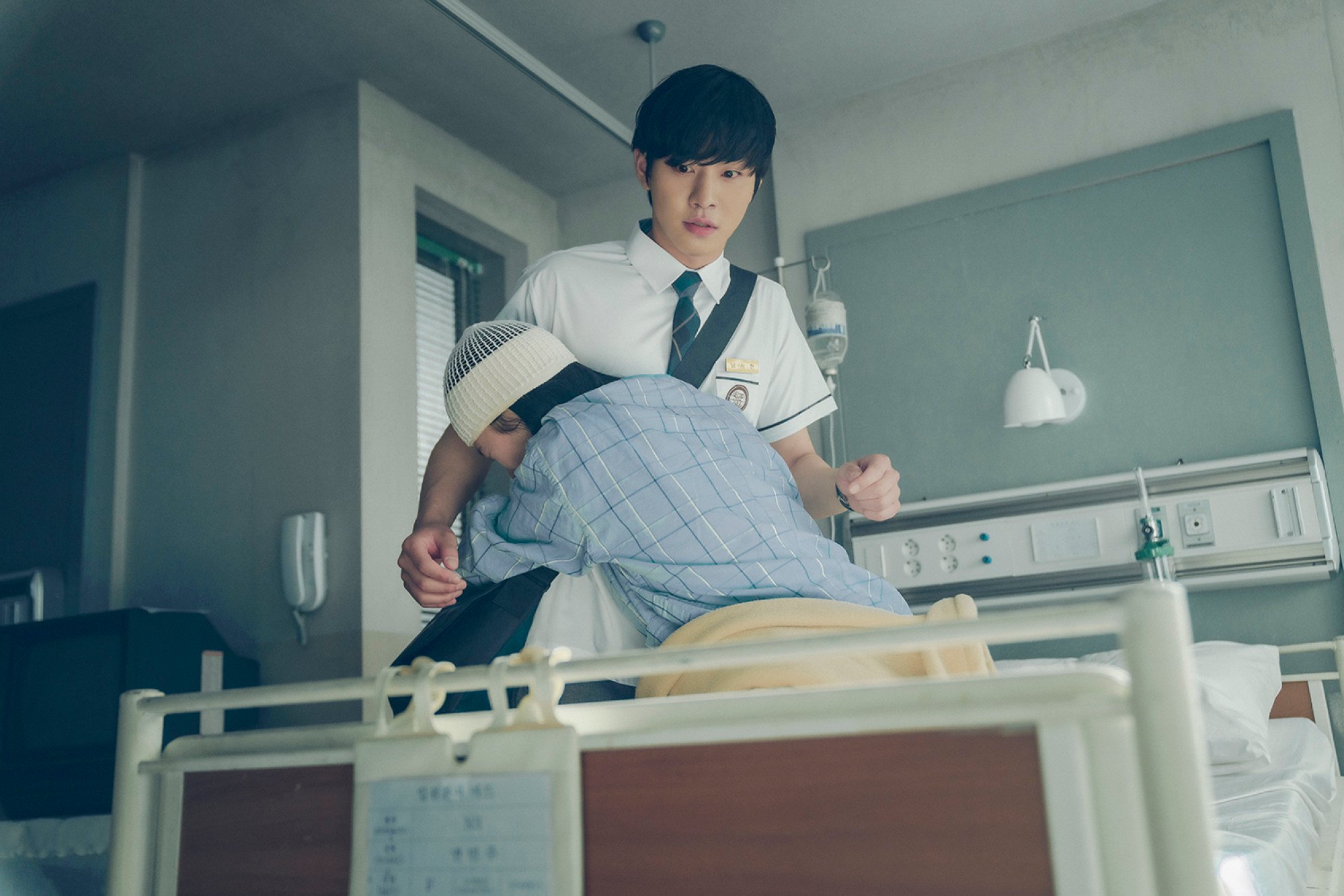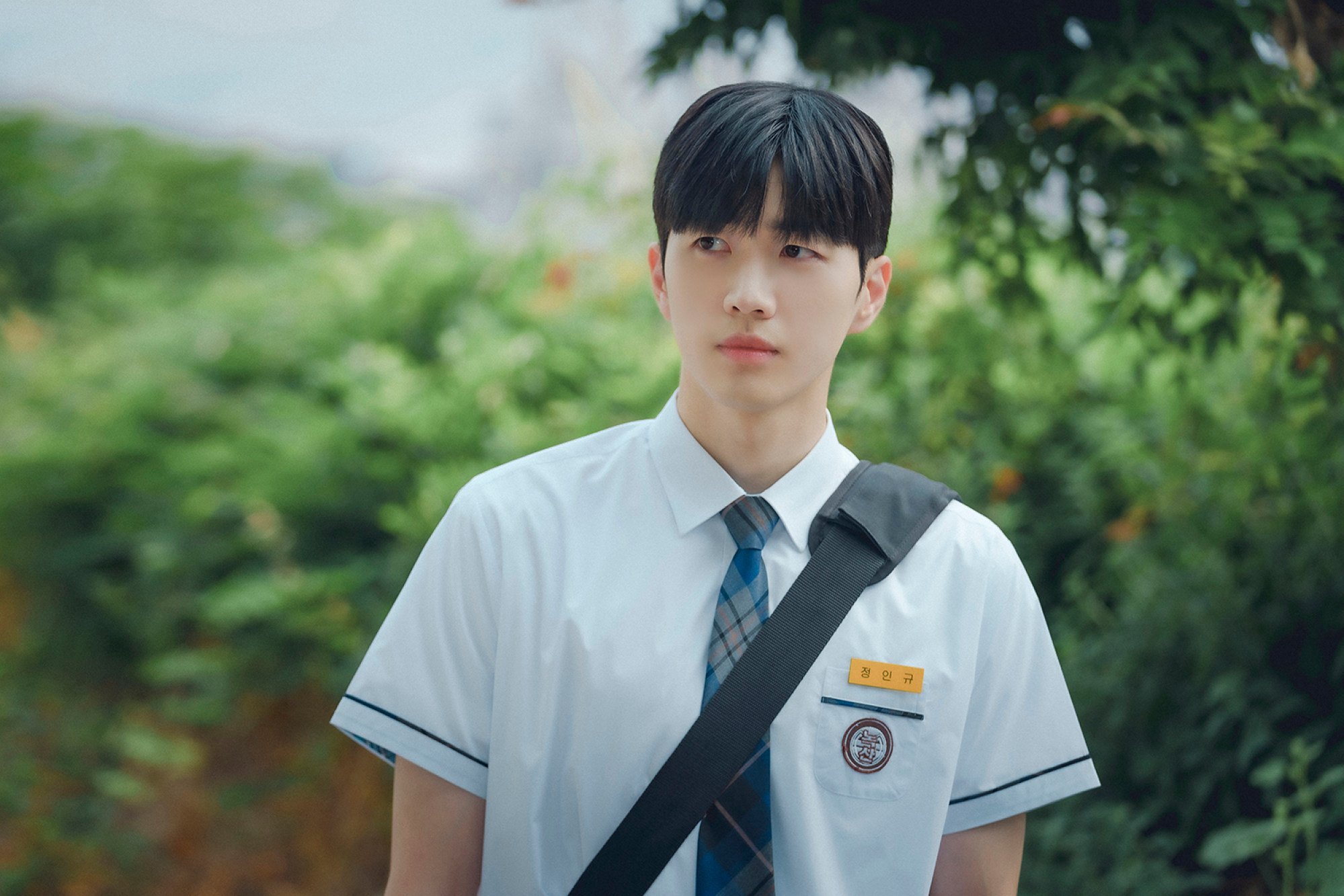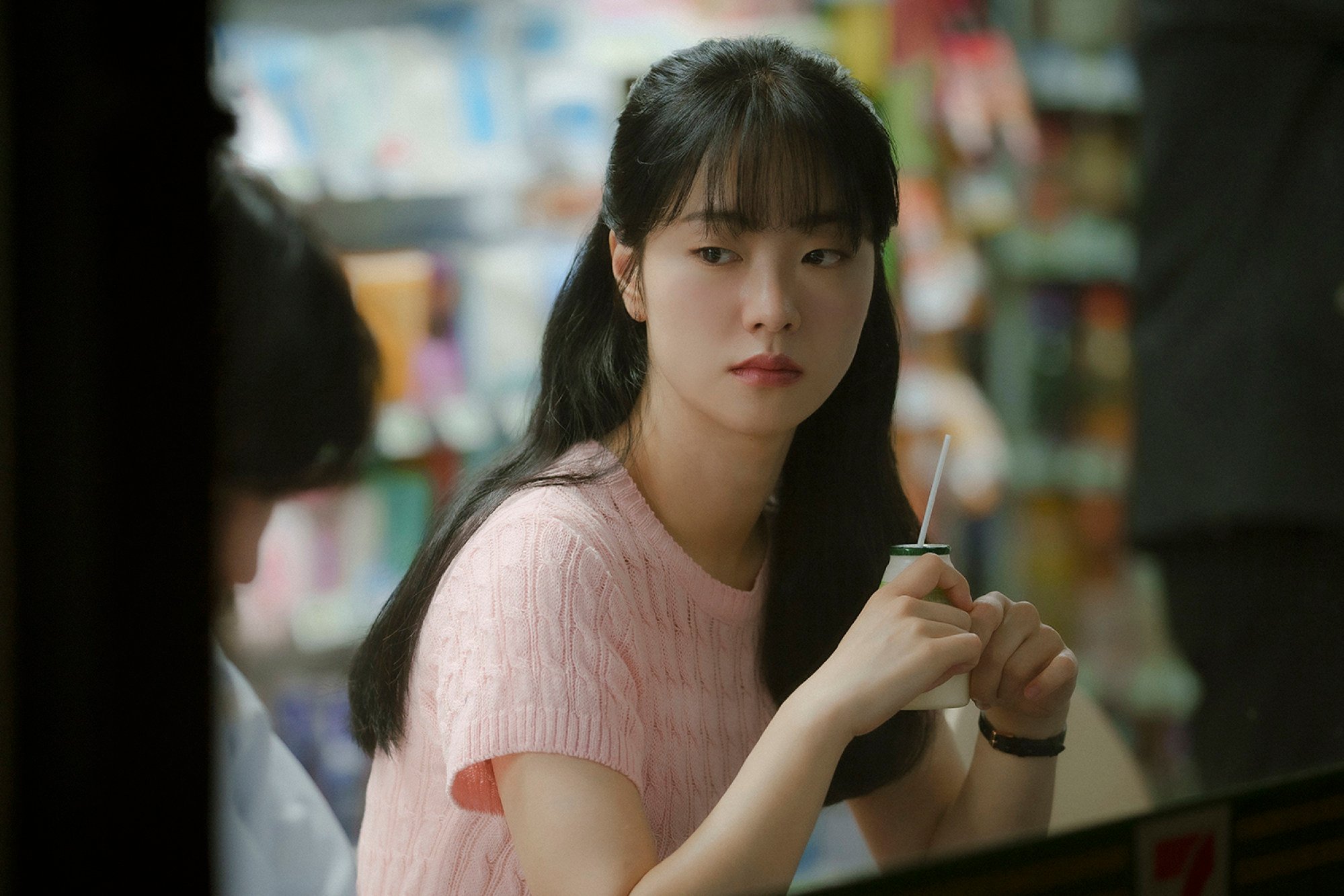It may appear unusual that Korean creators would tackle an adaptation of a foreign story that already has so much Korean melodramatic DNA coursing through its blood, but after a few episodes the reasons behind this choice become apparent.
8 of the best new Korean drama series to look out for in September 2023
8 of the best new Korean drama series to look out for in September 2023
This is a romantic time-loop drama on steroids. Tangling its characters in dizzying story loops, A Time Called You is far more ambitious than previous expressions of fantasy time travel in Korea, which have typically featured unyieldingly parallel timelines.
The result is unwieldy and frequently beggars belief. But if you can make it past four episodes without shutting off your screen in frustration, the show begins to embrace its silliness, and boy does it get silly.
Jeon plays two very different characters. In the present she is 35-year-old Han Jun-hee, a confident marketing executive still reeling from the sudden death of boyfriend Koo Yeon-jun (Ahn) in a plane crash a year earlier.

In 1998, she plays the diffident high-school teen Kwon Min-ju, who has a crush on her school’s heartthrob, Nam Si-heon (also Ahn). To her shock and mortification, Si-heon starts hanging out with her.
Back in the present, and following the first anniversary of the death of her lover, Jun-hee starts receiving mysterious items. These include a picture she doesn’t recognise of people who look like her and Yeon-jun, and an old cassette player with a tape of Seo Ji-won’s classic 1990s ballad “Gather My Tears”.

During a bus ride home she plays the tape and drifts off to sleep. When she opens her eyes again Jun-hee is in a hospital bed in 1998 – and she’s been transported back into the body of Min-ju.
Flicking back and forth between past and present, Jun-hee’s heart is torn this way and that. She’s also busy trying to solve a mystery in 2023 and prevent a murder that will happen in 1998.
Why do these two sets of identical people, roughly five years apart in age, exist? How is it that both pairs are connected? What makes their souls time travel to other bodies? Why does the cassette player bring people back to different times?

An endless stream of logical lapses is glossed over by the show’s constant insistence that “fate” is dictating the events of the story. Even if you can accept this, the show breaks its own rules in the end. It’s a classic case of have-your-cake-and-eat-it-too screenwriting.
There’s far too much going on in A Time Called You, and the show doesn’t have the confidence to maintain an even tone. Serial killers have a bad habit of popping up in K-dramas they don’t belong in, and the one that shows up here is a particularly wonky distraction.
The sudden violence is at odds with a bright rural high-school romance which is otherwise awash in cherry blossoms and sun-dappled summer showers.

There’s also a gay subplot that is given insultingly little screen time and then cruelly cut short just as the characters open up to each other. The queer theme is never touched on again; given the short shrift it receives, it would have been better off excised completely.
Given the ludicrous story the cast, who are all too old to be playing teenagers, have a hard task and as a result performances are uneven.
Jeon starkly but brashly conveys her different characters, while Ahn struggles to differentiate his. Meanwhile, Kang’s constantly pinched shoulders make for a dry performance.

The show frequently references Marcel Proust’s classic novel In Search of Lost Time. A Time Called You feels about as long as that tome’s seven volumes – but alas that’s where the comparisons end.
A Time Called You is streaming on Netflix.

